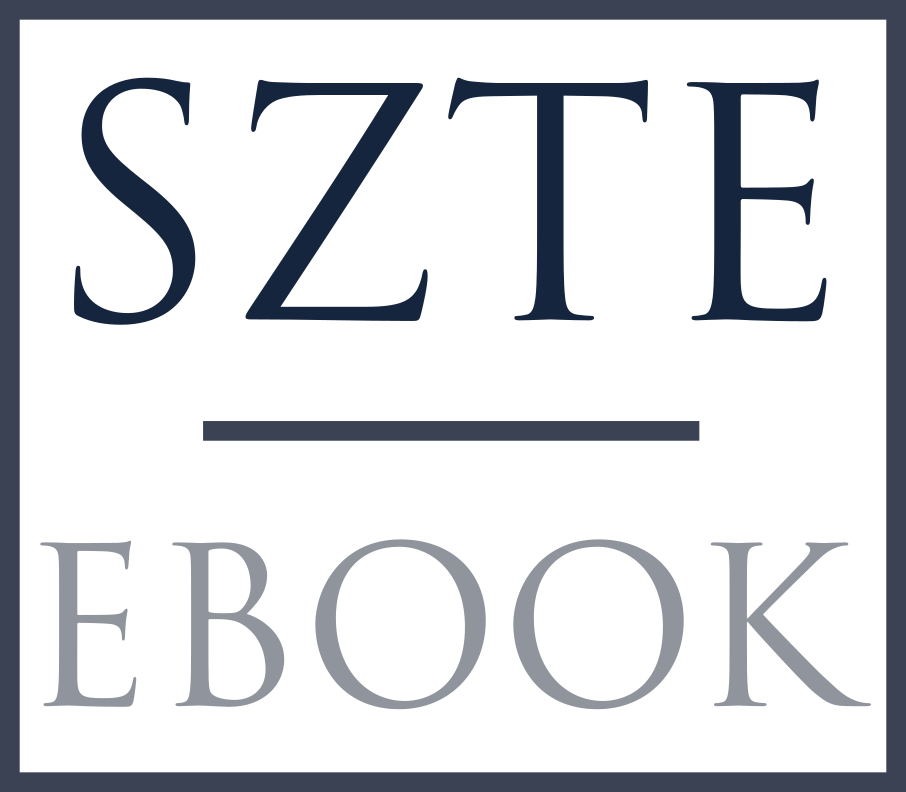More Inebra: An unnoticed meaning of PIE √*kelH and a bit more
Synopsis
In this contribution I focus on a number of Indo-European (mostly Latin and Greek but also Celtic et al.) etymologies, mostly brand new, but they are intended as a demonstration of a basic difference in methodology between the dominant approach to historical linguistics (which I feel is often atomistic, formalistic, mechanistic, and perhaps above all heavily politicized and ruled by double standards). As I suggest, a different approach may lead not just to massive changes in our understanding of the traditionally recognized language groupings, but also to a new appreciation of the problem of possible deeper, more ancient groupings (such as Altaic or Nostratic). And that in two ways. One is the necessary wholesale reworking of the reconstructions of the universally recognized proto-languages (and here the semantics even more than anything else). The other is the development of a rather different methodology that would first be tested on uncontroversial language families before being let loose on those whose status has remained in limbo in some cases for more than a century.


